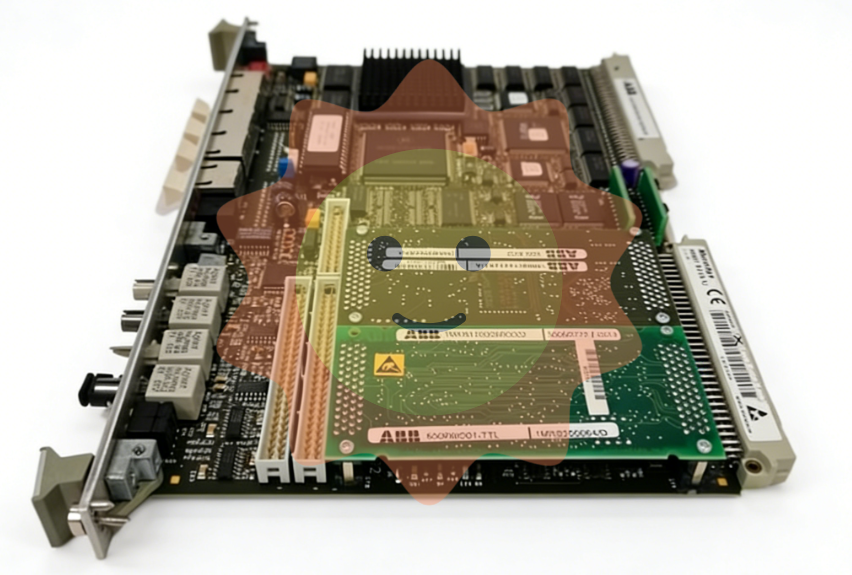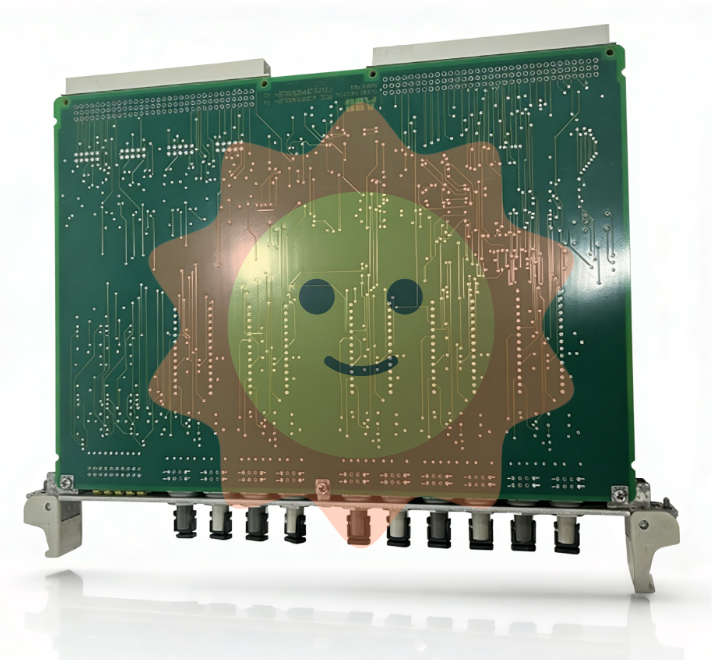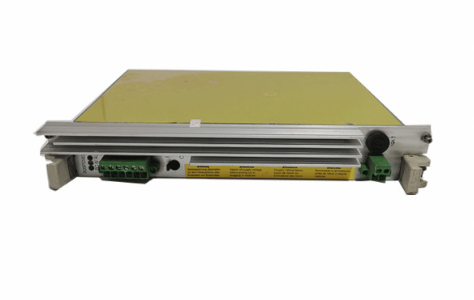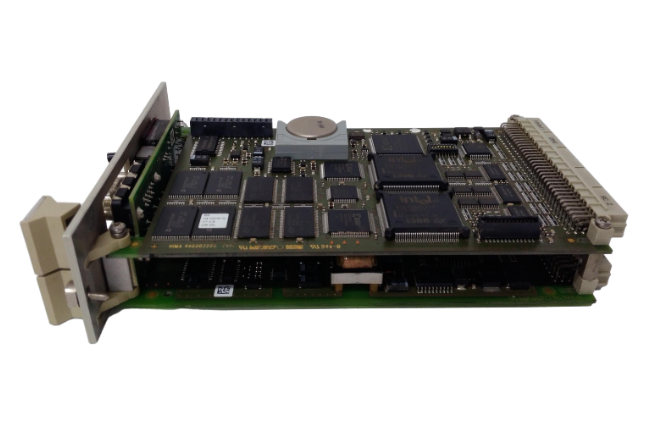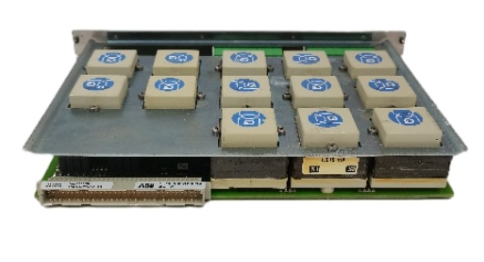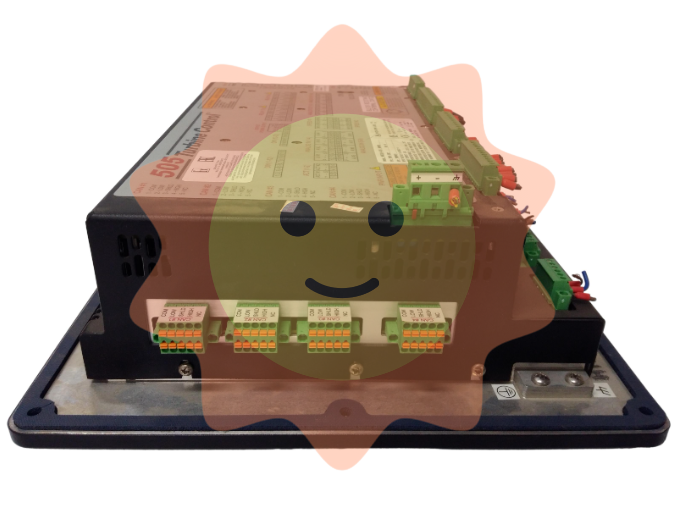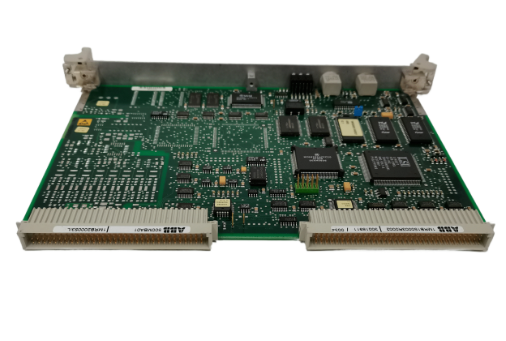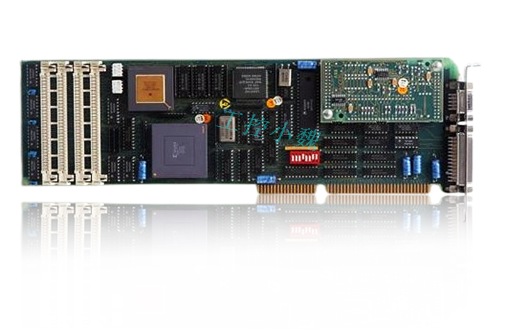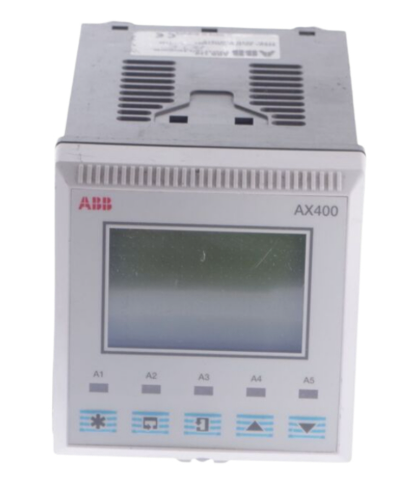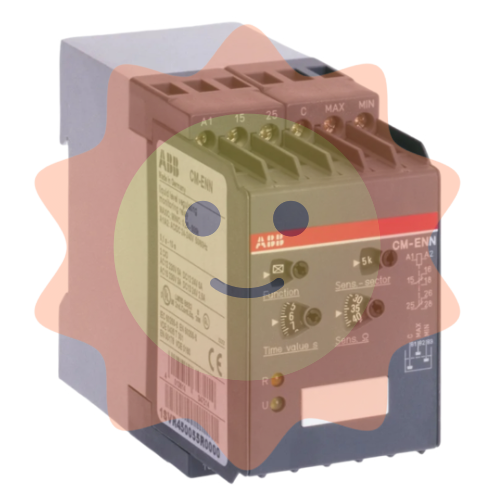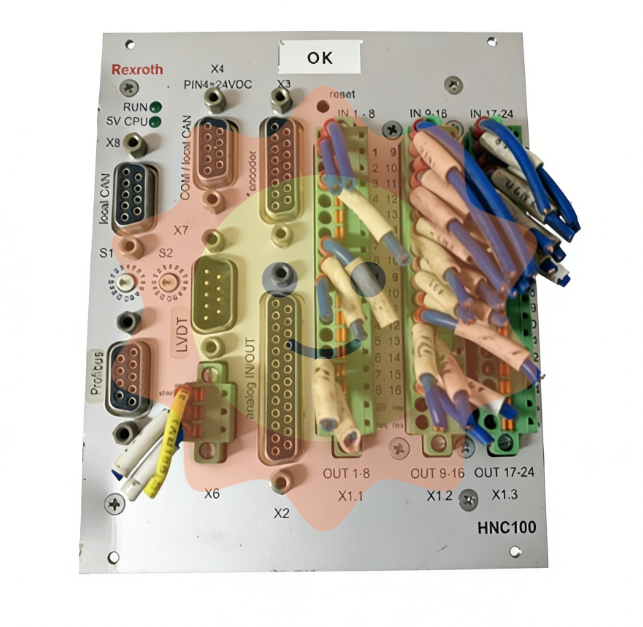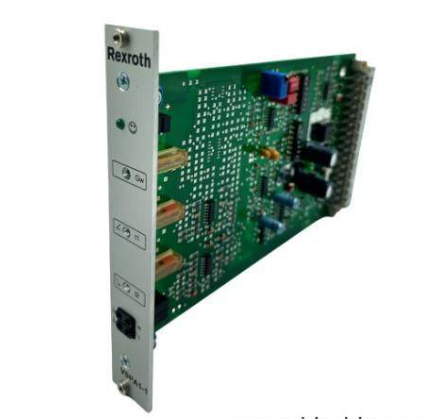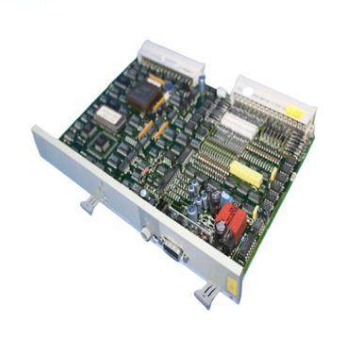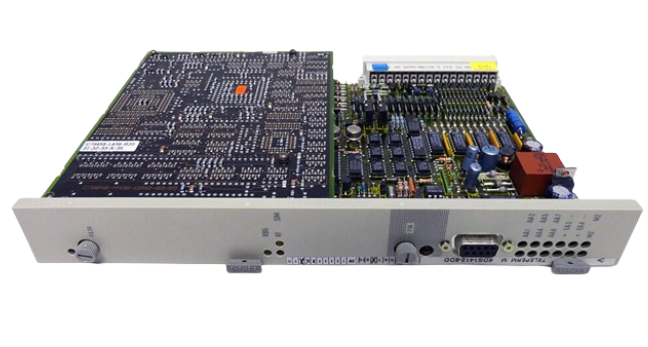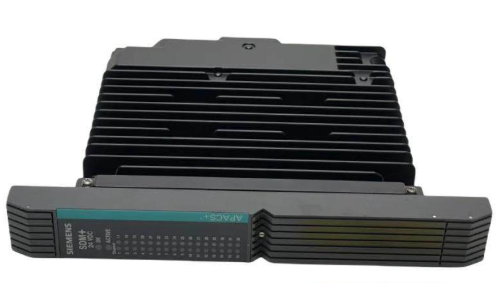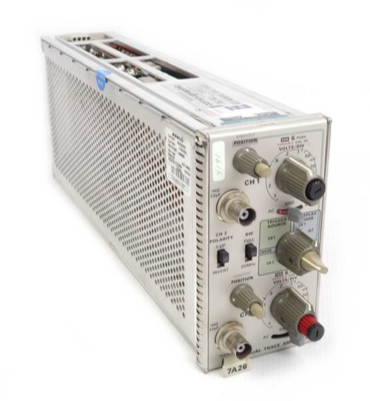Exploring the Advanced Physical Layer of Ethernet
Dai Wenbin
Professor, School of Electronic Information and Electrical Engineering, Shanghai Jiao Tong University
Ethernet-APL provides an economical and effective upgrade path for existing process control systems. On the basis of significantly improving the transmission rate of instruments, it also provides protection measures for safe operation, extending the industrial internet to the process control site through Ethernet. It provides standardized communication protocols for achieving a network from on-site instruments to the cloud, with huge market potential and promotion value, It will definitely become the mainstream of the market in the near future.
Ethernet-APL is compatible with various leading industrial communication protocols, including PROFINET, Modbus TCP, and the increasingly popular OPC UA. ABB combines OPC UA technology with Ethernet-APL, making this universally applicable modern communication protocol applicable to field devices. The semantic and information model it brings eliminates the need for descriptive text, which helps bridge the gap between operational technology (OT) and information technology (IT).
Liu Dan
Beijing Institute of Mechanical Industry Instruments and Meters Comprehensive Economic and Technological Research
Deputy Chief Engineer
Ethernet-APL follows the IEEE802.3cg standard and uses a single pair of cables to carry the Ethernet standard. It can provide a bandwidth of 10Mbps over a length of 1000 meters, complies with the IEC TS 60079-47 standard, meets the intrinsic safety requirements of industrial sites, and has complete consistency testing specifications. Industrial Ethernet protocols such as PROFINET, HART-IP, EtherNet/IP, and OPC UA can directly use APL, which is of epoch-making significance for achieving “one network to the end” across the entire factory, especially for the process industry.
Song Huazhen
Technical Communication Manager, ABB Baikalai Industrial Automation (China) Co., Ltd
Member of SAC/TC124/SC4 Fieldbus Subcommittee
Communication is about connectivity, collaboration, and engineering efficiency. Ethernet-APL is an advanced physical layer standard and has been selected as the OPC UA FX field level communication protocol, enabling field instruments, sensors, analytical instruments, etc. to connect from the field to the cloud using widely used Ethernet technology. For users, it can achieve more global and efficient analysis and optimization, and improve the efficiency of factory operations. For instrument equipment manufacturers, it reduces development costs, while for engineering integrators, Ethernet-APL will reduce engineering implementation costs and provide flexible upgrade and expansion opportunities.
Zhang Yu
Chief Representative of OPC Foundation in China
Ethernet-APL is the main component of the OPC UA FX field level standard. It provides low-cost and more robust physical connections for the process industry. Combined with the OPC UA specification, factory data can be efficiently transmitted from the field to the cloud through various existing Ethernet software and hardware resources.
As the fifth generation advanced data communication technology for process industry factory sites, Ethernet advanced physical layer technology has opened a new era, achieving fast, secure, and reliable communication from the site to the entire enterprise and cloud, elevating digital connectivity to a new level, and effectively promoting industry towards a future of digital intelligence.
- ABB
- General Electric
- EMERSON
- Honeywell
- HIMA
- ALSTOM
- Rolls-Royce
- MOTOROLA
- Rockwell
- Siemens
- Woodward
- YOKOGAWA
- FOXBORO
- KOLLMORGEN
- MOOG
- KB
- YAMAHA
- BENDER
- TEKTRONIX
- Westinghouse
- AMAT
- AB
- XYCOM
- Yaskawa
- B&R
- Schneider
- Kongsberg
- NI
- WATLOW
- ProSoft
- SEW
- ADVANCED
- Reliance
- TRICONEX
- METSO
- MAN
- Advantest
- STUDER
- KONGSBERG
- DANAHER MOTION
- Bently
- Galil
- EATON
- MOLEX
- DEIF
- B&W
- ZYGO
- Aerotech
- DANFOSS
- Beijer
- Moxa
- Rexroth
- Johnson
- WAGO
- TOSHIBA
- BMCM
- SMC
- HITACHI
- HIRSCHMANN
- Application field
- XP POWER
- CTI
- TRICON
- STOBER
- Thinklogical
- Horner Automation
- Meggitt
- Fanuc
- Baldor
- SHINKAWA



